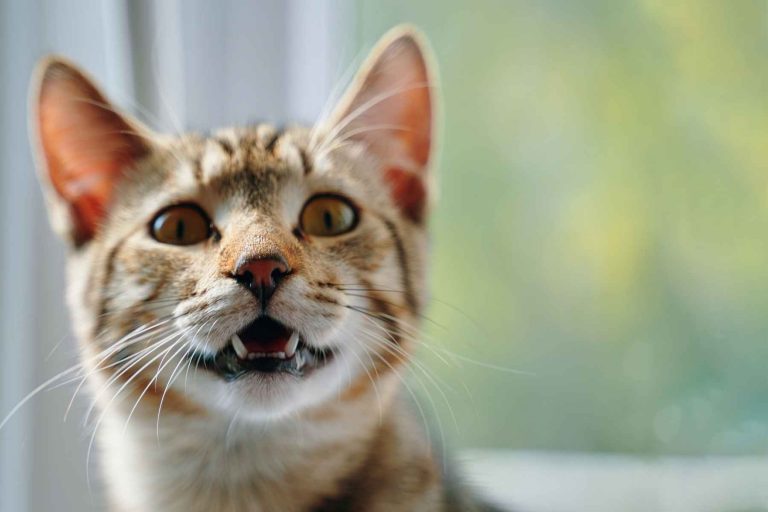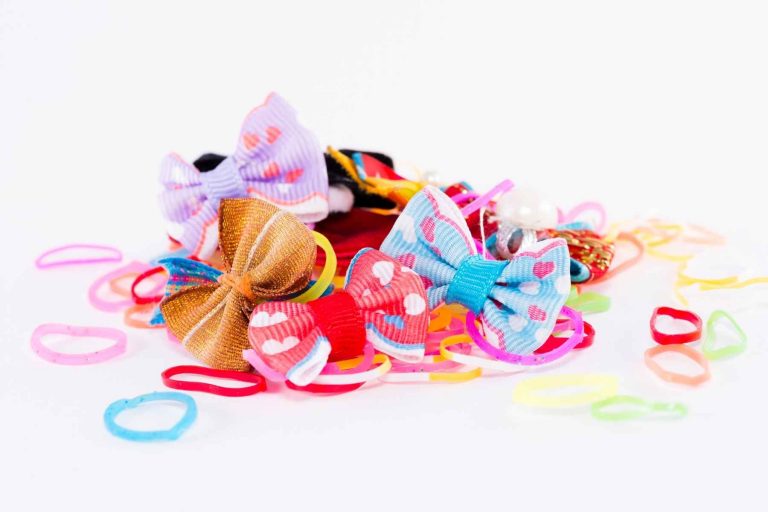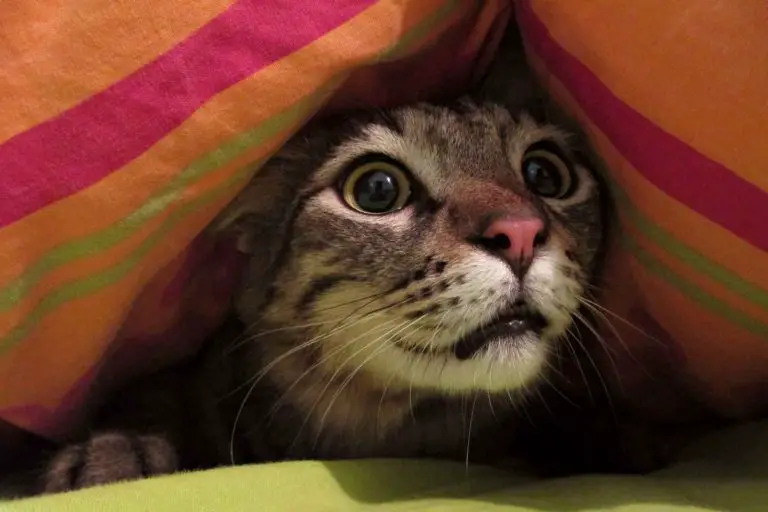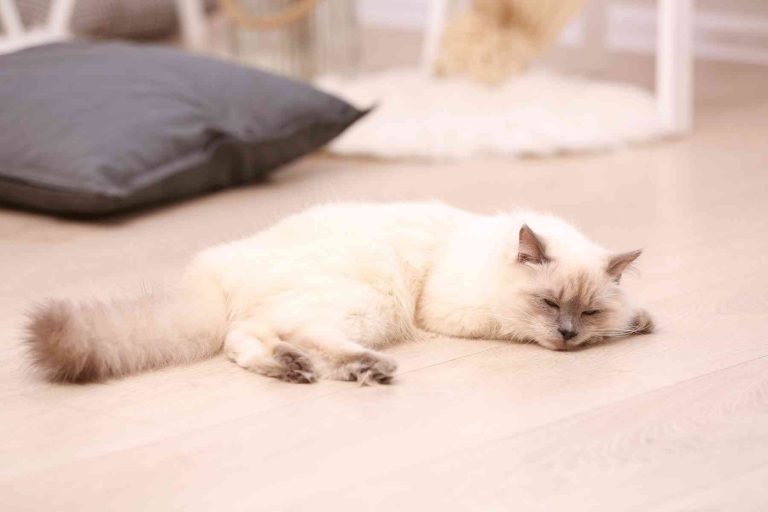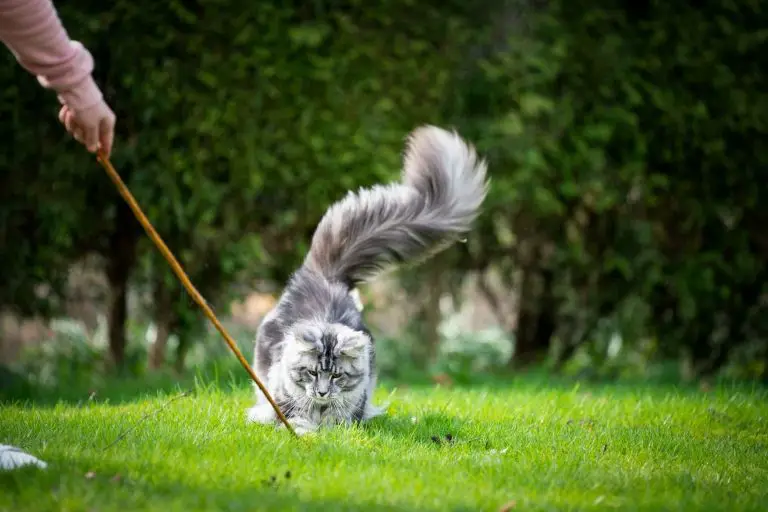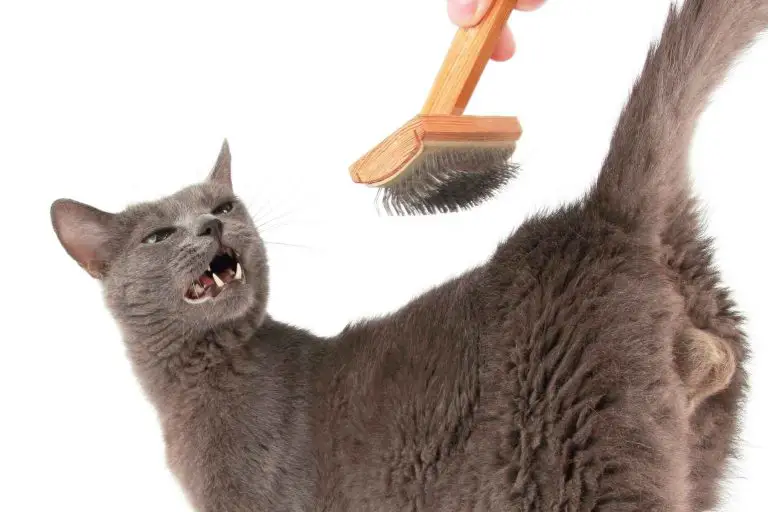Why Do Cats Like Milk So Much?
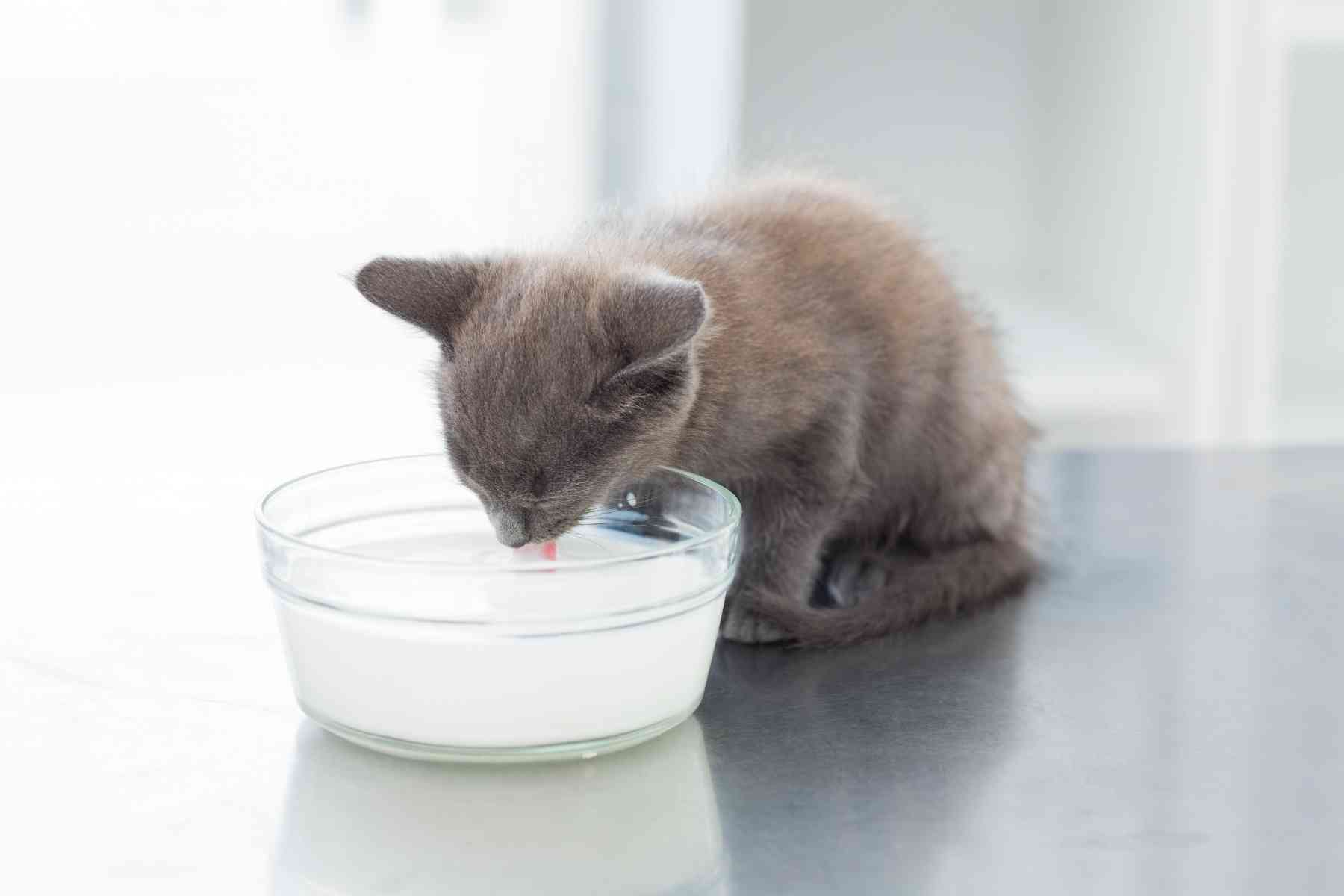
Cats like milk so much because cats can smell the fat and proteins in milk, which makes them think it’s a viable food source and attracts them to it.
Cats can be finicky creatures, and may turn their nose up at all sorts of different food and treat options, but one food that almost all cats seem to love is milk!
The rumor that milk is good for cats is actually false. Cats can’t properly digest milk, so no matter how much they enjoy it, it can cause a stomachache or even diarrhea if overindulged in. So, if milk isn’t good for cats, why do cats like milk so much?
Read on to discover the science behind why cats like milk so much, if it’s harmful to your cat and why they shouldn’t drink it!
Is Milk Harmful To Cats?
Yes and no. Milk won’t cause serious, direct harm to cats that ingest it, but cats are lactose intolerant and will have digestive issues if they consume milk.
When mammals, humans and cats included, are born, they have a specific enzyme in their digestive system that allows them to digest the breastmilk they receive from their mother. This enzyme is known as the lactase enzyme.
Once they are weaned, the body no longer produces these enzymes.
Without these special milk-digesting enzymes, dairy can cause gastrointestinal distress when ingested. The part of the milk that cats have difficulty digesting is called lactose.
When an adult cat drinks milk, the most likely side effect will be an upset stomach. Symptoms of upset stomach from milk ingestion are:
- Diarrhea
- Vomiting
- Stomach Sensitivity
- Gagging
Cats that have ingested a fair amount of milk may have problems holding their bowel movements until they get to the litter box, causing an unpleasant accident on the floor of your house.
Are Cats Allergic To Milk?
No, cats are not allergic to milk, they are intolerant to milk and its lactose, which is called lactose intolerance.
An allergy and intolerance may seem similar, but they are actually two separate processes that your cat’s body can go through.
With an allergy, a cat’s body will have an allergic reaction, which is an immune response, to the allergen. This can range from itchy skin to trouble breathing. Allergies differ from intolerances because even when the allergen is removed, the allergic reaction can still remain.
Intolerances, on the other hand, will cease when the thing causing the intolerance, milk, in this case, has passed through the cat’s system. Once there isn’t any more lactose from the milk present, any negative feelings from the intolerance will rapidly subside.
What Does Milk Taste Like To Cats?
Milk tastes the same to cats as it does to humans, but cats can smell the fat in the milk, which is what attracts them to it.
Most cats don’t go crazy over milk because of the taste. Instead, it’s actually the smell that attracts them! Cats naturally seek out foods high in fats and protein, and milk fits the bill.
Cats have an incredible sense of smell, which helps them detect which foods are best for them. In the wild, cats wouldn’t naturally come across cow’s milk, so while they can smell all the good things in the milk, like the fats and proteins, the cats can’t tell that the milk might make them sick.
That being said, some cats, especially indoor cats that only receive prepacked cat food, can develop a taste for milk. These cats don’t just crave the fatty parts of the milk, they crave it for the flavor, too. Indoor cats can easily get fixated on certain foods and refuse to eat anything else, so be careful giving your cat any sort of treat, milk included, in excess.
If a cat becomes too obsessed with milk, it’s a good idea to quit giving it to them, so they go back to enjoying their regular diet as soon as possible.
Is It Okay To Give Cats Milk Once In A While?
Cats, just like people, are each unique, and what is okay for one cat may be bothersome for another.
It’s okay to give cats a small amount of milk once in a while as a treat, but ask your vet before doing so and discontinue the milk treats if your cat reacts negatively to it.
Milk in the modern day has had a lot of the fat removed from it, and milk holds almost no nutritional value to cats, meaning a cat that was fed only milk would become very sick. Cats need a balanced diet that only cat-specific food can provide.
A good amount of milk to give your cat is a spoonful, but even this small amount can give some cats a stomachache, so watch them closely afterward the first few times.
For cats that just can’t get enough milk, there is actually milk that has been specially formulated for cats to enjoy! This milk shouldn’t replace a good, balanced diet, but it can be given as a treat in larger amounts since cats can digest it with no problem.
What To Do If My Cat Drinks Milk?
If your cat drinks too much milk, it can become dehydrated from diarrhea when the milk can’t be digested. If symptoms persist, take your cat to the vet as soon as possible.
If you spill a few drops of milk on the floor while baking and your cat laps them up, it’s highly unlikely that your cat will have any trouble from it. Though it’s still a good idea to keep a close eye on your cat if they eat something they’ve never had before, most cats can tolerate a small amount of milk.
If someone gives your cat a large amount of milk by accident, this can cause more of a problem. Since cats are lactose intolerant, milk ingestion can cause upset stomachaches, leading to diarrhea or vomiting.
Cats can very easily become dehydrated from both of these symptoms, so if your cat is suddenly having excessive diarrhea or vomiting, contact your vet right away.
What Percentage Of Cats Are Lactose Intolerant?
100% of cats are lactose intolerant after 4 weeks of age.
As kittens, cats can digest milk from their mother, not cow’s milk. After 4 weeks, though, the kitten’s body slowly stops producing the enzymes needed to break down their mother’s milk, signaling to the kitten that they need to make the change to solid food.
It is at this point the cat becomes lactose intolerant, and will remain so for its whole life. All adult cats are lactose intolerant, and while some aren’t bothered by small amounts of milk as a treat, none of them can properly digest it.
In Conclusion
It’s an undeniable fact that cats love milk, so much so that the rumor that milk is good for cats persists, even after science has told us it isn’t good for them!
Cats like milk because of its high fat and protein content. Despite cats needing a fair amount of fat in their diets, they are all lactose intolerant, and they can’t digest milk.
Keep milk as a rare treat for your cat, and keep a close eye out for any stomach distress from the milk ingestion, and your kitty will thank you!

